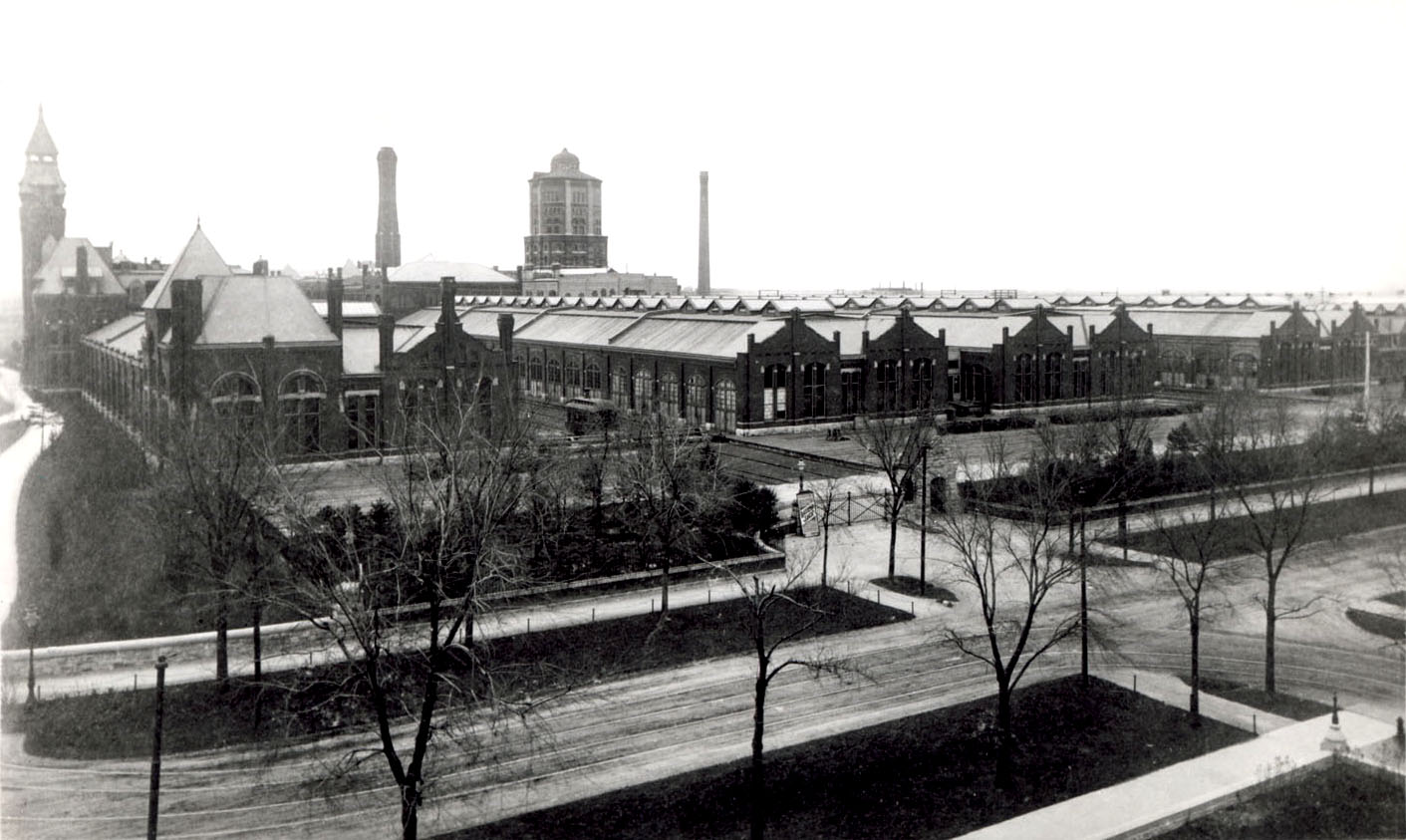The Pullman Factory was a town in southern Chicago, Illinois, used as a living environment for the Pullman Company workers. Due to the complete containment of his workers, Pullman could control both their wages and the prices of consumable goods. This eventually led to decreased wages and increased consumable prices.

The Strike:
On May 11 1894, approximately 4000 laborers at the Pullman factory in Chicago, Illinois, organized a strike demanding fairer wages, reduction in prices of consumables, the ability to purchase land, and secured jobs. This riot caught the attention of ARU, the American Railway Union, which was a national collection of railway laborers. ARU demanded a boycott among all railway trains that possessed a Pullman Company car. The majority of railroads west of Detroit were impacted. At the pinnacle of the boycott, approximately 250,000 laborers were actively involved, resulting in $80 million in rail line property damage.

Results:
The physical result of the Pullman Strike was quite minimal. President of the ARU, Eugene Debs, was sentenced to half a year in prison due to his obstruction of transit. Perhaps the most notable event that came forth was the creation of Labor Day from President Grover Cleveland. Created six days after the end of the strike, the federal holiday was fabricated to ease tension among active labor workers. However, nobody had pulled off a strike to this magnitude previously, which helped inspire and influence laborers nationwide.
2 comments:
I think that it must have been very difficult to strike within the factory because of the amount of control Pullman had over every aspect of the residents' lives. Also, I think that many strikes and political movements that were organized by workers weren't very successful in the short-term because of the sheer power that the monopolies had. However, the strikes' greatest achievements were creating a new mindset in other workers across the nation and sending a message to the owners of the monopolies.
Very informative, great pictures to go with the blog.
Post a Comment